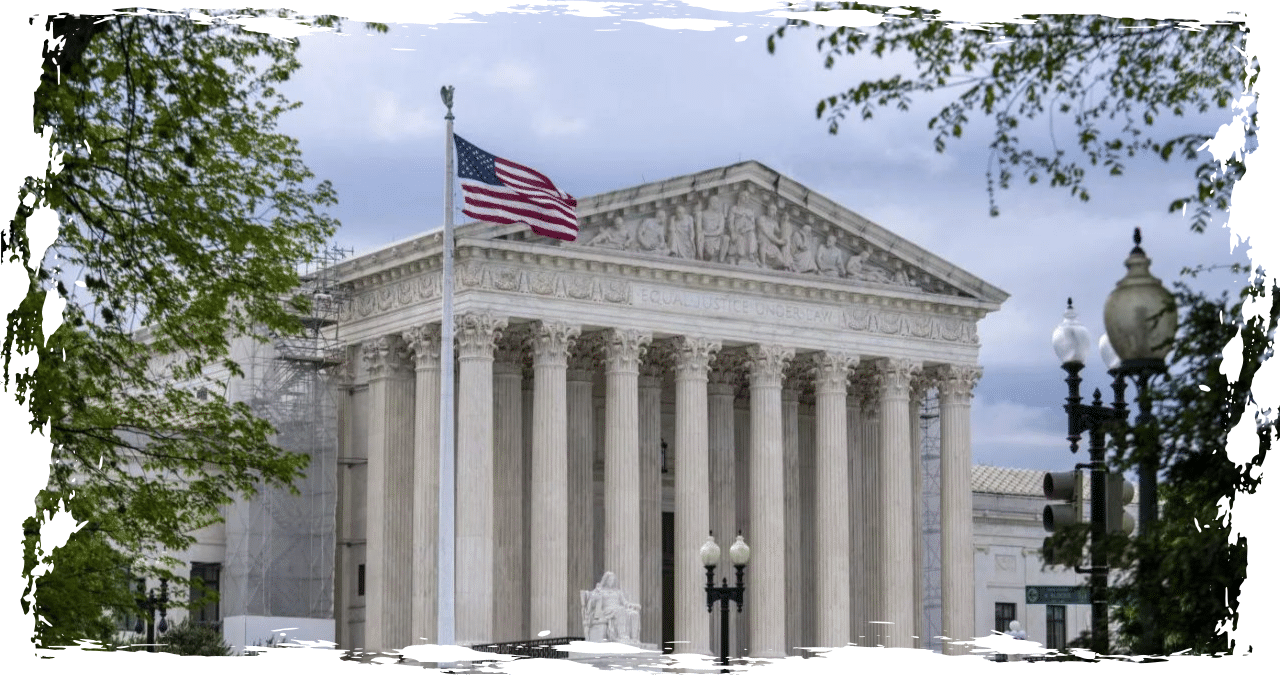In a unanimous decision, the Supreme Court declared on Thursday that the National Rifle Association (NRA) has the right to continue its battle for free speech against a former New York regulator.
The ruling, written by Justice Sonia Sotomayor, has given new life to the gun-rights group’s First Amendment claim against Maria Vullo, the former head of the New York Department of Financial Services.
In 2017, Vullo initiated an investigation into the NRA. As a result of her findings, she urged the insurers and banks under her regulation to cut ties with the gun-rights organization. This action was taken in response to the tragic Parkland school shooting, which claimed the lives of 17 students and staff members, sparking a renewed national discussion on gun control.
The NRA argued that Vullo’s actions went beyond acceptable advocacy and infringed upon constitutional rights.
Thursday’s decision allows the NRA’s case to move forward. However, it does not guarantee a victory for the gun-rights group in the final outcome, as they will face increased legal challenges in later stages. The justices also emphasized that a lower court could still determine that Vullo is protected by qualified immunity, even if her actions were found to be unconstitutional.
According to Justice Sotomayor, Vullo had the freedom to criticize the NRA and take action against the acknowledged violations of New York insurance law.
The court opinion stated that the power of the DFS superintendent could not be used to intimidate or punish DFS-regulated entities for the NRA’s advocacy for gun promotion. The complaint alleges that Vullo, the superintendent, did exactly that, which the court holds as a violation of the First Amendment.
Unusual battle lines were drawn in the case.
The American Civil Liberties Union (ACLU) and the National Rifle Association (NRA) joined forces in an unprecedented move, despite their sharp differences on the Second Amendment. It was the first time these two groups collaborated and stood together to fight their common cause before the high court.
“This represents a significant triumph for the NRA and all individuals who value our First Amendment rights,” expressed William A. Brewer III, the NRA’s legal advisor, in a statement. “The ruling affirms what the NRA has always maintained: New York government officials misused their authority in an attempt to suppress a political adversary. This victory not only benefits the NRA’s countless members, but also upholds the fundamental liberties that epitomize the United States.”
According to Vullo’s lawyer, her investigation was considered permissible government speech and legitimate law enforcement.
The regulator conducted an investigation into insurance programs endorsed by the NRA, resulting in some companies admitting that their programs were illegal. Additionally, the NRA criticized comments made by Vullo during an alleged private meeting with Lloyd’s, a major insurance company.
In a statement, Neal Katyal, who presented the case on behalf of Vullo, expressed disappointment with the Court’s decision.
According to Katyal, it is important to note that the Court’s ruling in this case required them to consider the NRA’s untested allegations as true, despite the lack of evidentiary support. However, Katyal asserts that these allegations are false and holds that Ms. Vullo did not engage in any threatening, coercive, or retaliatory behavior while performing her duties.
During the March hearing of the case, the NRA’s arguments seemed to have convinced several justices of the Supreme Court. However, there was a moment when Justice Sotomayor, who authored the majority opinion, expressed some disagreement.
During the proceedings, she pointed out to the NRA’s counsel that their arguments appeared to be an attempt to establish new legal precedents in relation to the First Amendment.
According to the Supreme Court’s opinion on Thursday, Justice Sotomayor emphasized that the First Amendment strictly forbids government officials from using their authority to target or suppress speech, whether directly or indirectly through third parties.
In addition to Sotomayor’s opinion, two members of the bench also wrote separate opinions.
In a concise but insightful opinion, Justice Neil Gorsuch, a conservative member of the Supreme Court, sought to provide additional clarity regarding the court’s ruling.
In a concurring opinion, Justice Ketanji Brown Jackson argued that the lower courts had wrongly combined the NRA’s claims of censorship and retaliation. She emphasized the need to separate these claims as the case progresses.
Jackson wrote in the remand order that the parties and lower courts should carefully consider the censorship and retaliation theories as separate issues. It is important to distinguish between government coercion and any potential violation of the NRA’s constitutional rights.



